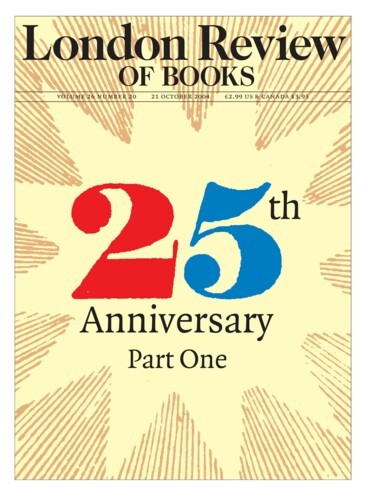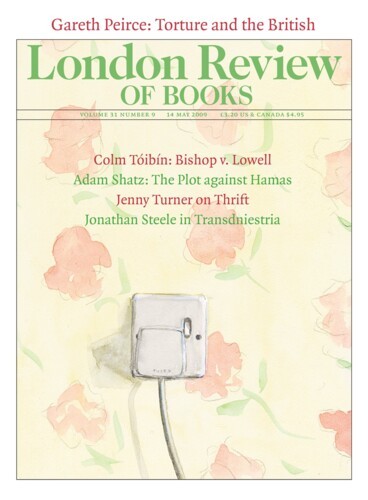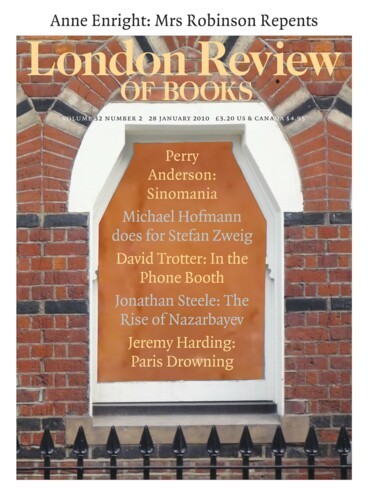The reporter who got it right
Jonathan Steele, 4 April 1985
On 14 January 1981 the pack of Western journalists in San Salvador ‘scurried across town to the Presidential Palace’, as Raymond Bonner puts it in this important book. Alerted that the United States Ambassador, Robert White, would make a significant statement, they crowded round the entrance. ‘I believe reports that a group of approximately a hundred men landed from Nicaragua about 4 p.m. yesterday,’ Mr White told them as he emerged from a meeting with the ruling junta. ‘This changes the nature of the insurgency movement here, and makes it clear that it is dependent on outside sources … We cannot stand idly by and watch the guerrillas receive outside assistance.’ The Ambassador’s statement was the first ‘indication’ of outside support for the Salvadorean guerrillas, and it received enormous play on US television and on the front pages of American newspapers.





